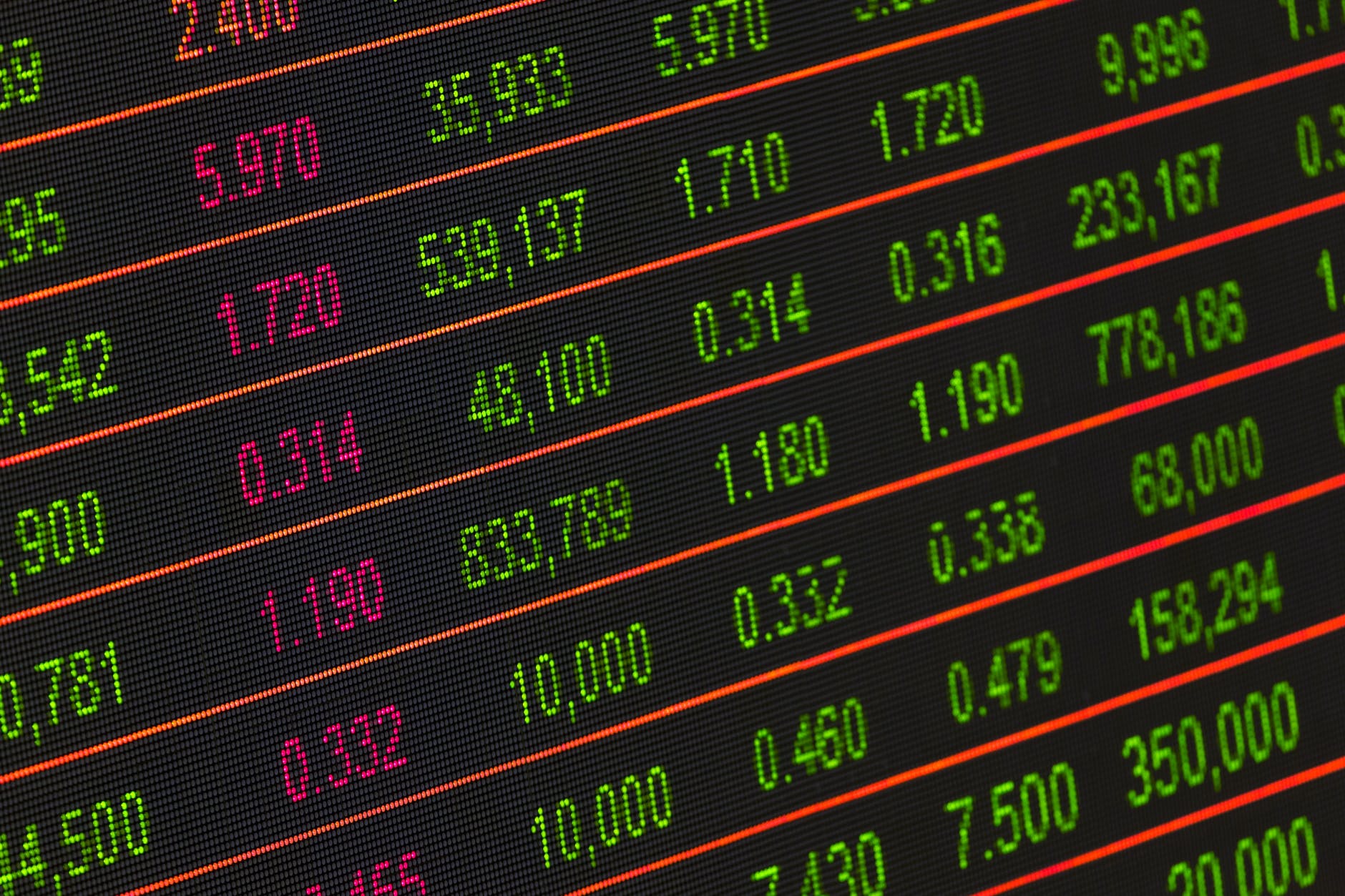
Global economy loss due to coronavirus pandemic will likely turn out as the worst financial crisis since the Great Depression, according to the International Monetary Fund (IMF).
IMF suggests that the state of the global economy this year may not recover completely right away as governments around the world battle with the COVID-19 outbreak.
Based on the forecast of IMF, the global economy would contract by 3% in 2020. In January, the organization predicted a global GDP (gross domestic product) expansion of 3.3% for this year.
“It is very likely that this year the global economy will experience its worst recession since the Great Depression, surpassing that seen during the global financial crisis a decade ago,” Gita Gopinath, the IMF’s chief economist, said in the latest World Economic Outlook report.
The Washington-based organization made a 3.4% growth prediction for global GDP in 2021. This has now been changed to to 5.8% although growth may come from a lower base following the projected contraction of 2020.
“This is a crisis where the economic shock is something that is not exactly controlled by economic policy,” as it is not certain when the pandemic will end, Gopinath told CNBC.
Comparing the current global economy to the Great Depression, the IMF’s chief economist thinks that “we are (now) better off on the health front. On the economic front, I think it makes a big difference that there are lenders of last resort, that monetary policy is proactively able to come in and ensure enough liquidity in markets, that fiscal policy is able to play a major role in supporting firms and households.”
A “partial recovery” is expected in 2021 if the pandemic does not persist throughout this year.
The downgrade in growth expectations for 2020 emerges as other institutions affirm that the coronavirus pandemic is resulting in massive economic damages.
According to the World Trade Organization, global trade will contract by between 13% and 32% for 2020. Meanwhile, the Organization for Economic Coordination and Development said that the economic hit from the coronavirus will be felt “for a long time to come.”
Governments have imposed lockdown measures, only allowing people to perform essential activities such as purchasing groceries, buying medicines, and exercising. This resulted in the lack of business activity in many countries.
The IMF, which labeled the current crisis “the Great Lockdown,” pointed out that “this is a crisis like no other.”
"The magnitude and speed of collapse in activity that has followed (the lockdown) is unlike anything we’ve experienced in our lifetimes," Gopinath said during a press conference on Tuesday.
The IMF added that it had received “an unprecedented number of calls for emergency funding.” Over 90 of its 189 members have asked the organization for financial support. The fund has $1 trillion in lending capacity.
“When you have a deep recession of this kind, there is always unfortunately tremendous loss of income for people at the lower end of the income scale, so poverty can go up, inequality can go up," Gopinath told CNBC.
Meanwhile, the euro zone is expected to decline by 7.5%, but China is seen growing by 1.2% in 2020.






